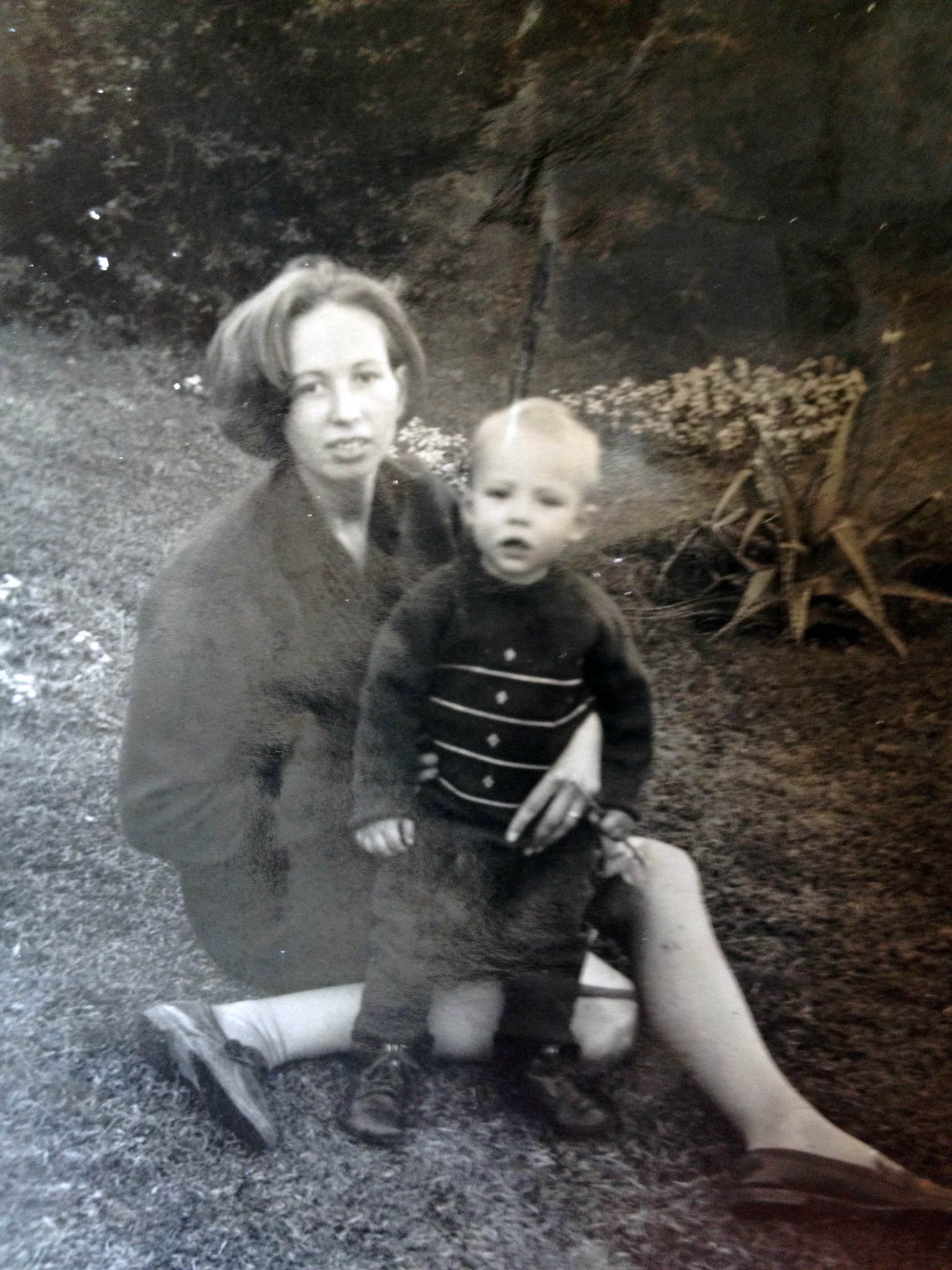When we were children, we couldn’t have a rational interaction with our parents. We were irrational — not that we ever stop being so entirely — but our emotions spoke louder than any reasoning. As we grew up, reason began to seduce those of us who can be seduced by her. We learned to speak their language, to engage in meaningful conversations, to meet them on what seemed to be equal ground.
Yet, as time passes, something subtle and inexorable happens: they begin to lose their hold on reason. Their thoughts wander, their convictions harden, their patience thins. The balance inverts. The roles shift. We become the ones explaining, soothing, guiding — and eventually, caring.
At some point, the relationship, which evolved to become a friendship, ceases to be that and becomes care. We stop sharing preoccupations, because theirs were never ours to begin with.
As teenagers, we fought them — not out of rebellion for its own sake, but to be allowed to go our own way. And eventually, we did. Yet they didn’t change. Their values remain eternal; that’s what “values” mean to them: eternal, unchangeable, Being, not becoming.
That's why, somewhere in the back of their minds, they think our rejection of their beliefs is temporary — a phase, a detour. They trust that age will bring us back around to what they hold as true. They are not even conscious of this expectation, but it quietly shapes the way they look at us: as people in transit, not yet home.
As they age, their preoccupations fade, one by one — even the ones about our choices. What remain are the small, essential concerns that keep them alive day by day. Their minds no longer hold these thoughts explicitly, yet their habits still carry the traces of their last conscious reflections on us and the paths we’ve taken. In their gestures, their routines, something of their old worry survives — not as thought, but as the limited motion of their bodies.
